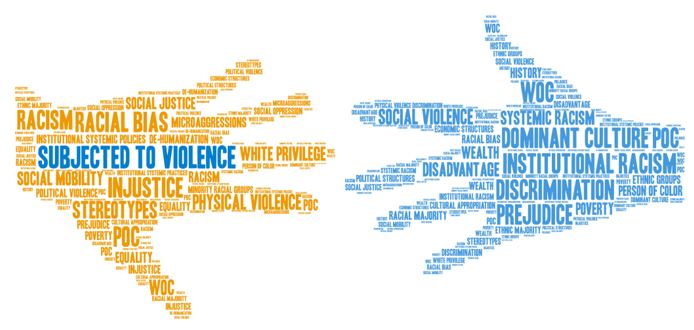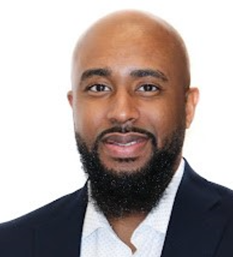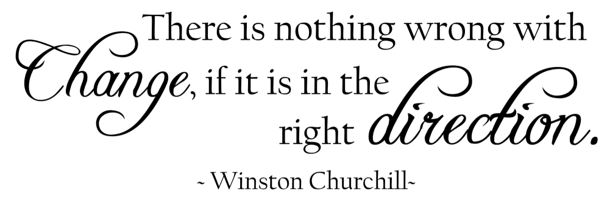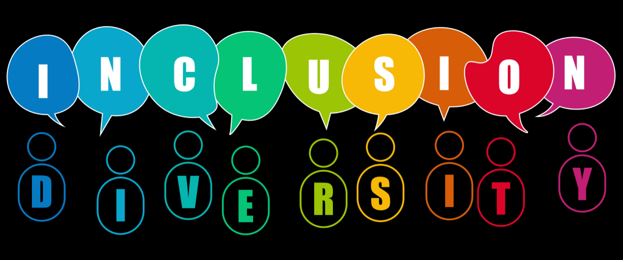
This year’s Essential classes have challenged our pre-established beliefs and pushed us to the limits of our comfort. The Institutional Racism discussion, led by Cal Jackson of Courageous Conversation: Beyond Diversity™, was no exception. Upon completing Institutional Racism I am reminded of the experience documented in Malcolm X’s Letter from Mecca. In this letter Malcolm claims he drank from the same cup as, “fellow Muslims, whose eyes were the bluest of blue, whose hair was the blondest of blond, and whose skin was the whitest of white.” This exposure to a larger world, outside of the race-centric foundations of the America he was raised in, was the catalyst for Malcolm’s philosophical paradigm shift. Malcolm’s faith and new experiences led him to reject the racist doctrine he had once professed. Similar to Malcolm’s experience, a broad racial perspective is a quality that is vital for any leader, or future leader, of our city. It is the charge of this leader to embrace discomfort if it means becoming better at serving the people who are reliant on their judgment. The pinnacle of leadership, as it relates to race, is to reject hierarchical racial beliefs, distance oneself from making broad judgments, and develop impressions of people based simply on individual merit. If you consider yourself religious ,or noble, or if you’ve just committed to living by the tenants embodied by a good person, judgements made of a person’s value or character based on race or creed are in strict opposition to whom you believe you are.
If you have ever had a thought similar to, “I would like to embody anti-racist leadership, but I’m not sure where to start.” Start with something simple, and begin by restructuring your organizational policies and practices. The rules that govern your organizations are tangible, measurable, and pivotal. Logically, any anti-racist practices you embed in policy will share these qualities. Conduct a statistical review of employee reprimands, including terminations, and determine if a pattern arises. Ask if your holiday/leave policy is amenable to varying cultures and religious practices and if your higher management levels are culturally diverse. Do you have checks and balances for ensuring fair hiring? Note that even when you have all of the numbers and data points, you still may be far from creating an equitable environment.
Diversity without inclusion is like having a fancy pen with no ink; it may look nice but it doesn’t really do anything. So be intentional about listening to your employees of color and making changes in accordance with their experiences. Bringing in a 3rd party consultant, able to gather feedback that employees may hesitate to share with their employer, would go a long way in exhibiting your dedication.
Problem solved? Not at all. Institutional changes are incredibly important in the fight against racism but, even with the change in practice, the negative perception of people of color will still persist. That negative image can be embedded subconsciously and reveal itself in the form of microaggressions or other passive forms of bias treatment. Anyone who has experienced microaggressions knows that they are very real, but very difficult to empirically prove. A simpler practice is to couple measurable policy changes with the elevation of the voices and experiences of marginalized groups. It is imperative that we all commit to the empowerment of the disenfranchised. So, when you hear terms like Black girl magic, Black lives matter, and Black boy joy, know that these are ways by which we reclaim an identity which has been bastardized by social prejudice. In such a world, the marginalized must be bold and brazen enough to dare to define themselves.

Eric Byrd, Essential 43 – Class 2022
Consultant
Words expressed in this blog post do not belong to Leadership Austin. These are the experiences and thoughts of a member of the Essential 43 cohort, where community leaders of diverse backgrounds explore difficult issues impacting our region.


